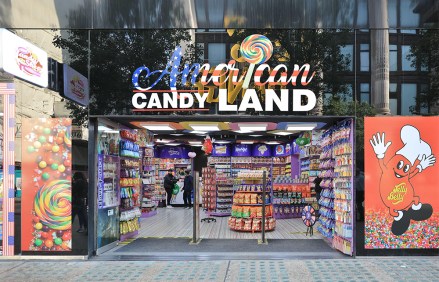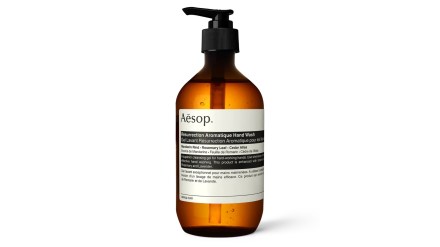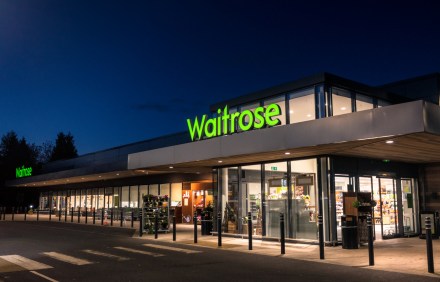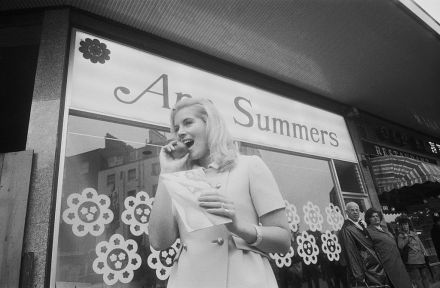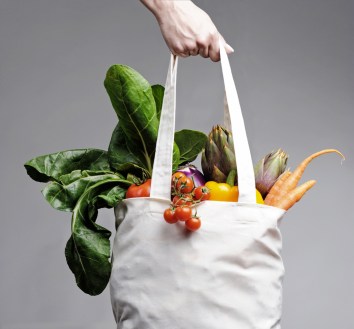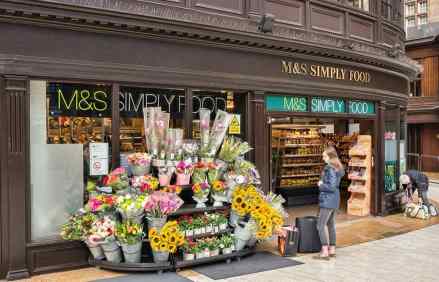Who was the original Terf?
Terf wars Who was the original Terf (trans-exclusionary radical feminist)? – The practice of some women’s groups in excluding trans women began almost with the advent of trans women themselves. In 1978, the Lesbian Organisation of Toronto refused membership to a trans woman who identified as a lesbian – saying it would only accept ‘womyn born womyn’. – The term ‘Terf’, however, dates only from 2008, when it was used in a blog post by feminist writer Viv Smythe in response to a ban on trans women attending the Michigan Womyn’s Music Festival (a ban which had been in place since 1991). – The festival, which had been going since





